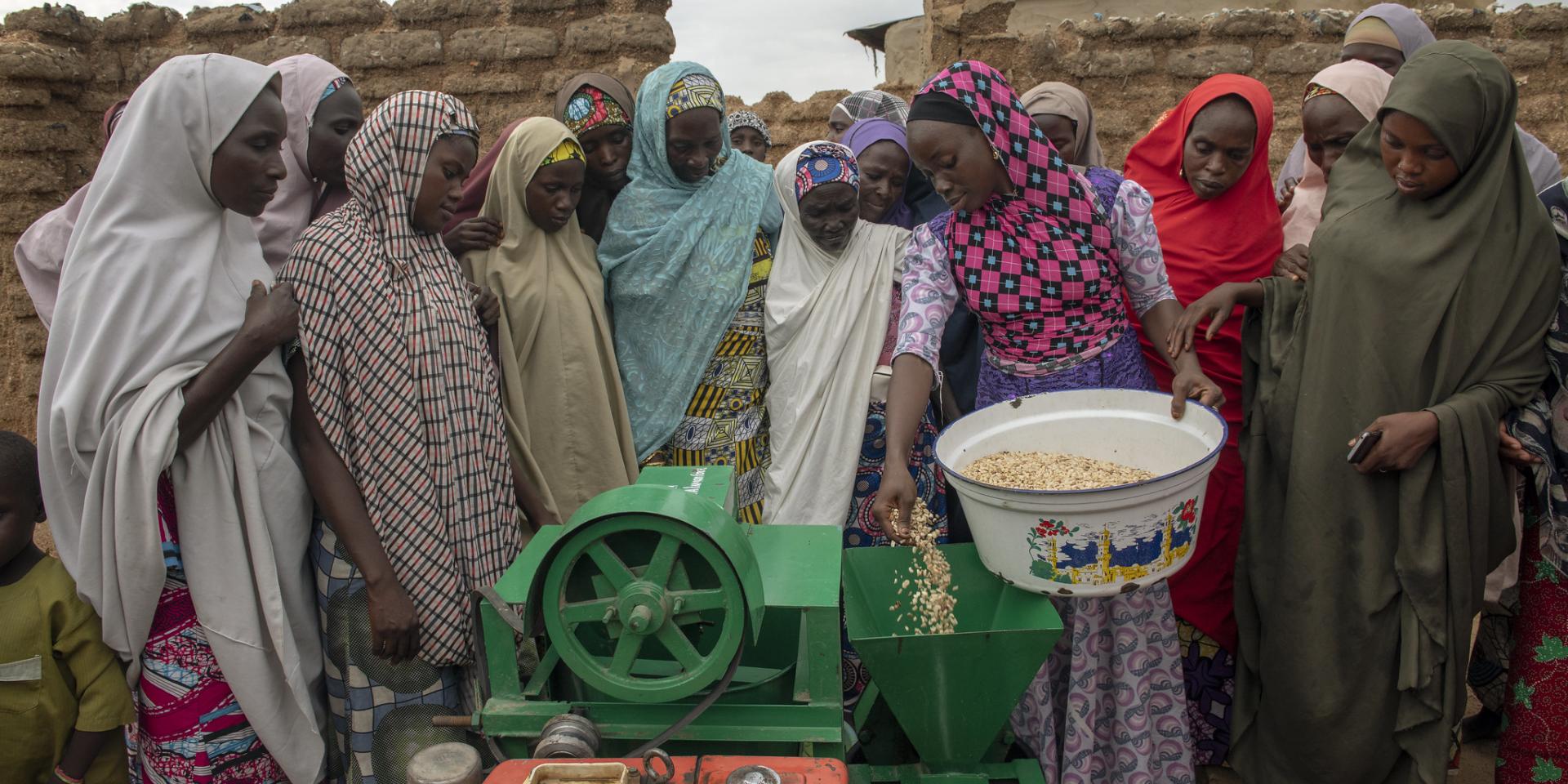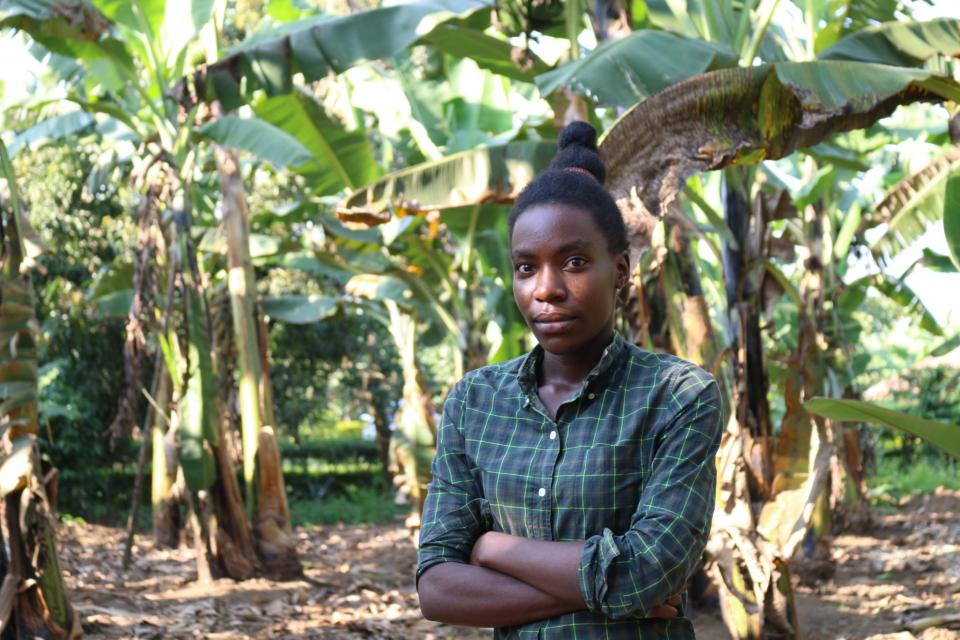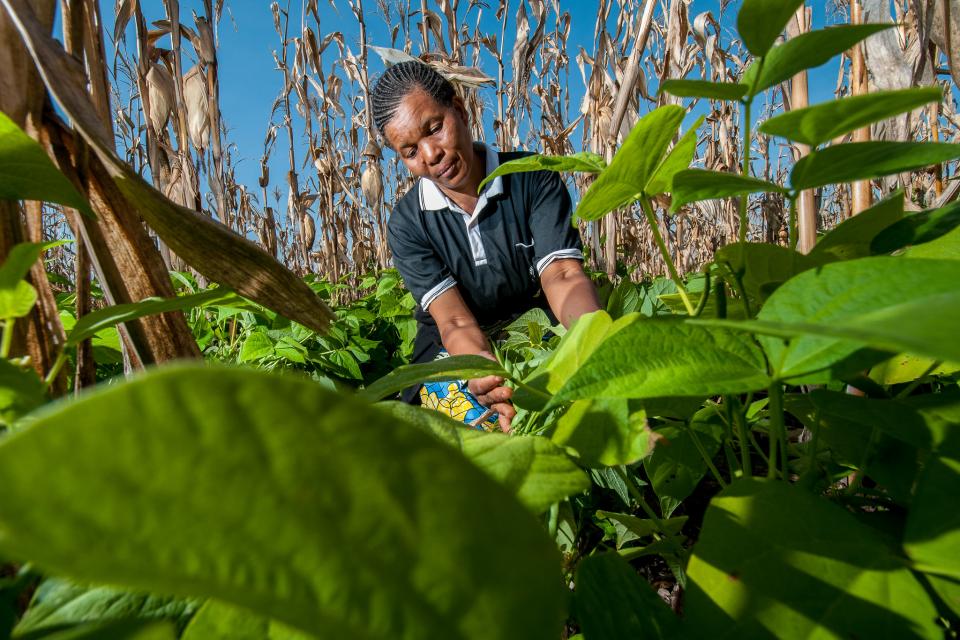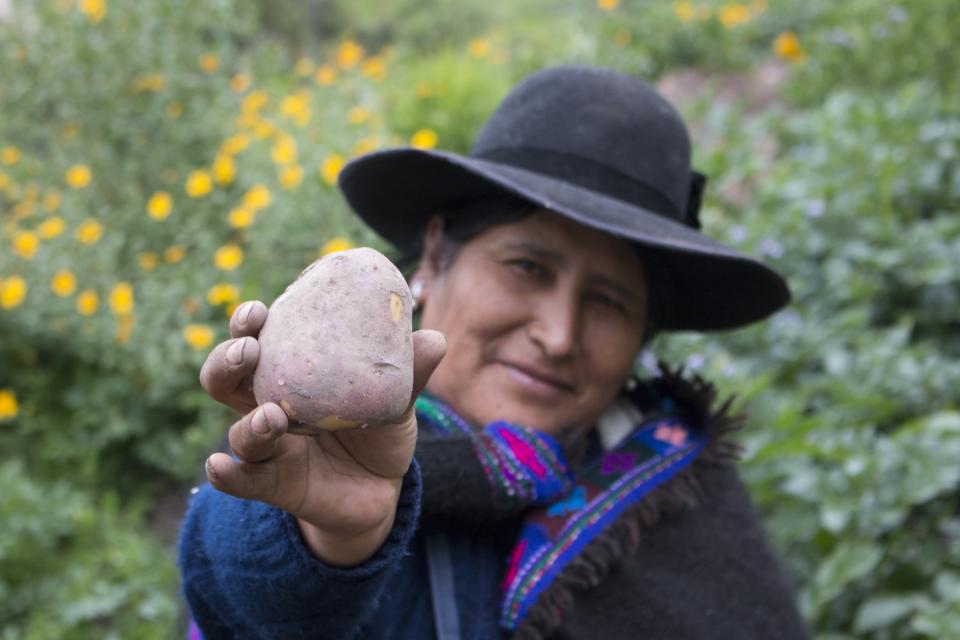Fix the system!
 Photo: CGIAR
Photo: CGIAR
Millions of people go to bed hungry every night. With enough food on our planet to feed everyone, this need not be the case. The African scientist Jemimah Njuki explains how this could be changed and why women have an important role to play.
In September this year, the world will meet for the first UN Food Systems Summit. And one of the things this gathering will show is that our food system is broken and needs to be fixed! Unequal, unsustainable, and unable to feed the world – that sums up the current state of our food systems pretty well. The Summit is expected to come up with solutions and commitments to ensure that we can deliver healthy diets and adequate livelihoods for all.
At the moment this is not the case. As a matter of fact, we are living in a parallel world where too many remain hungry while a growing number of people are suffering from obesity. Two billion people, or close to 26 per cent of the global population, experienced hunger or did not have nutritious and sufficient food regularly in 2019; 690 million people are undernourished. And while in absolute numbers most of these were in Asia, Africa is projected to have the largest proportion of undernourished people in 2030. At the same time, the world continues to lose or waste about a third of all food between the farm and the plate.
Give power to women
There are many reasons for this broken system. Gender inequality is one of them. Women have a 13 per cent higher chance of suffering from moderate or severe food insecurity than men. Another key challenge is access to a healthy diet that provides adequate calories and nutrients and includes diverse foods from several different food groups. Such diets cost, on average, five times more than food that simply provides enough calories. Also, nutrient-rich diets are generally less available and affordable. In Africa, 965 million out of 1.35 billion people cannot afford to eat healthily.
Ironically, those who produce our food are among the hungriest. There are 500 million smallholder farms worldwide. They produce about 80 per cent of the food consumed in Asia and sub-Saharan Africa; women comprise 43 per cent of the agricultural labour force on these farms. Despite their important contributions, smallholders and farm workers often suffer from malnutrition and have no access to healthy diets. They literally go hungry next to the field.


